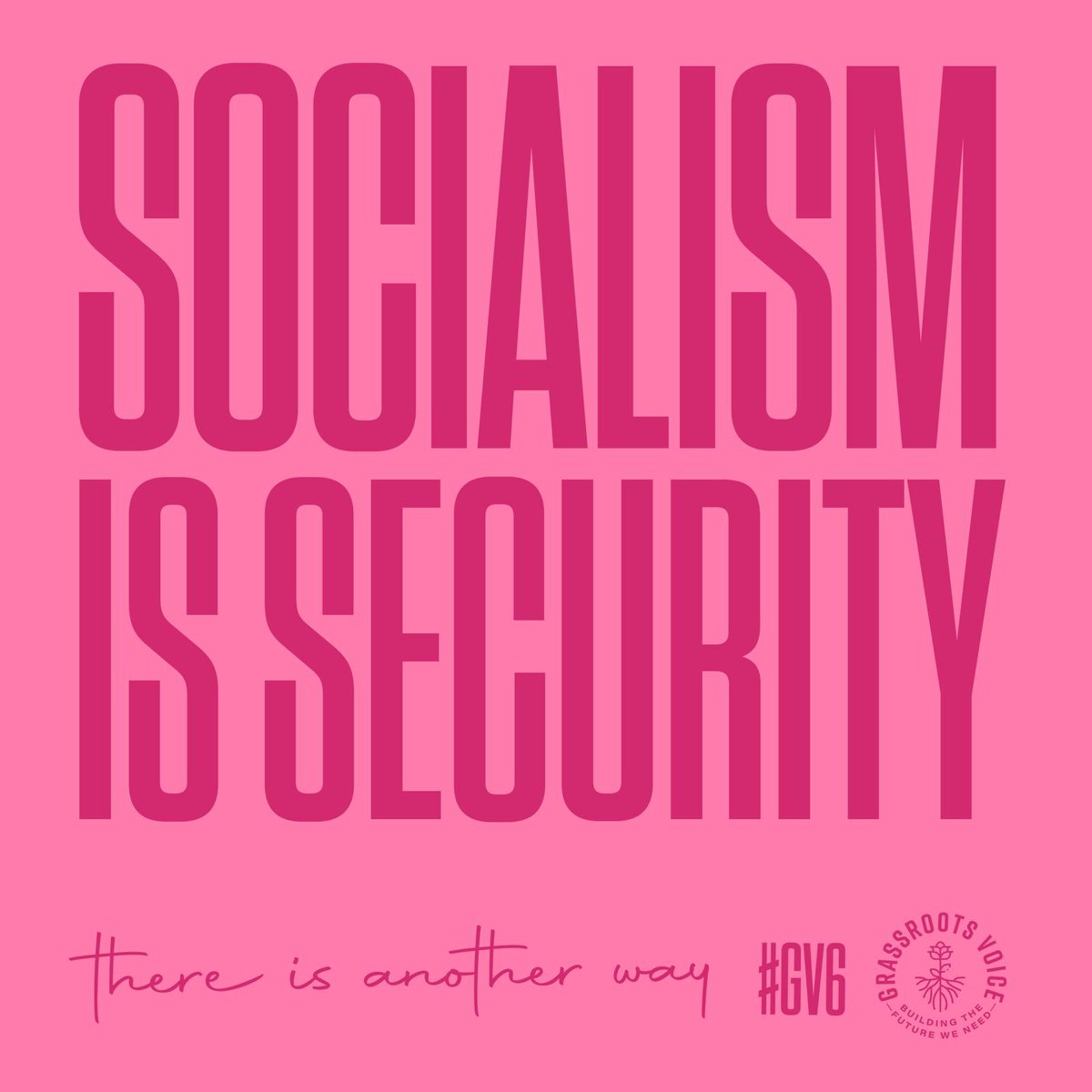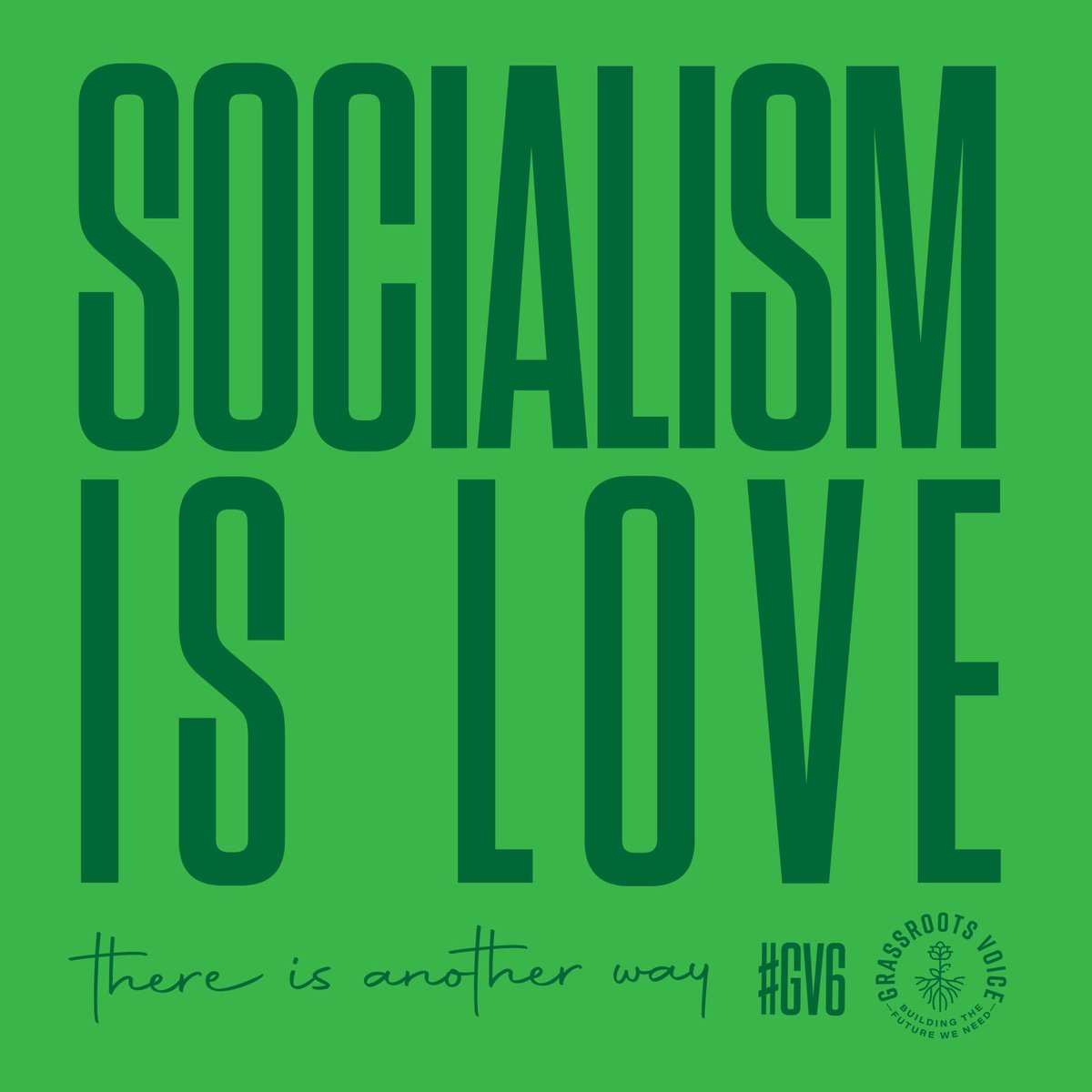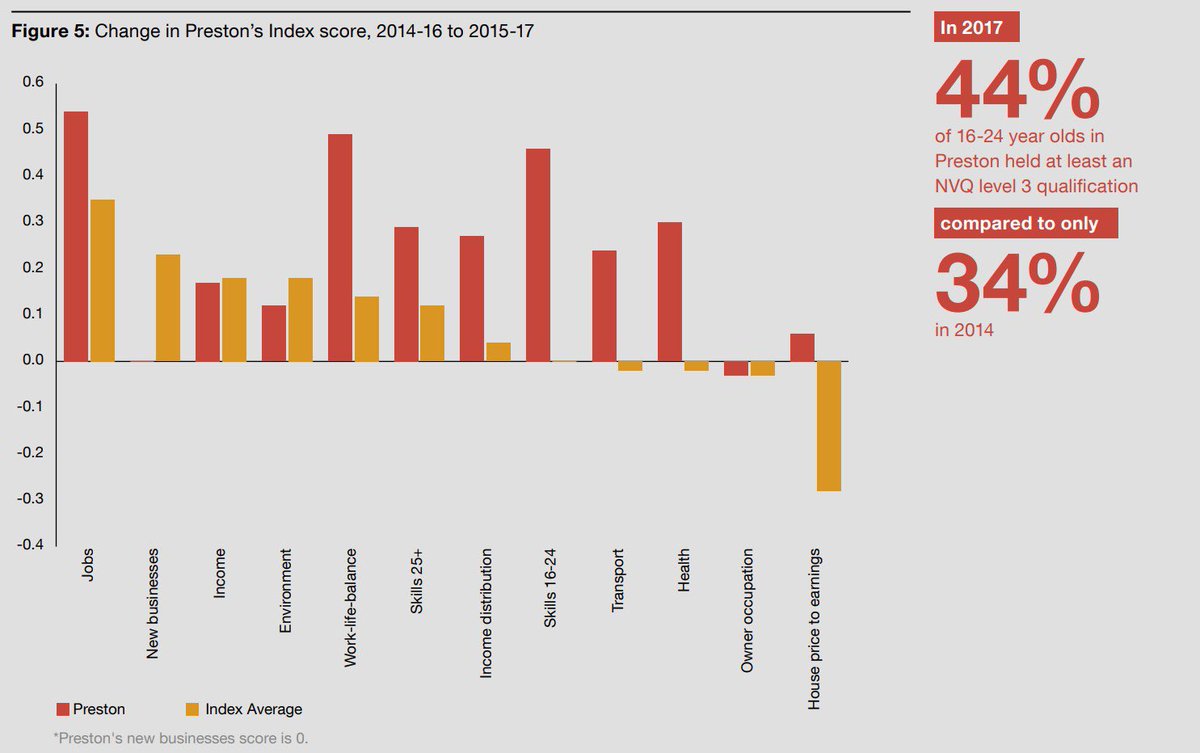
[thread] What does power mean to most of us in this country? What kind of power is actually useful to the majority of us? Is it the power of Governments committed to a harsh, uncaring capitalist system? #GV6 #GrassrootsVoice (1/7) 

Is it powerful corporations extracting more & more resources from our earth & more wealth from the workers who inhabit it? Do powerful banks work in our interests? What about powerful landlords? (2/7)
What if power could be used differently? Out of the hands of those who use it against our interests, whose business is death & destruction? Taken away from people who make decisions with disregard for the consequences – for our planet, for our well-being & health? (3/7)
Every day, decisions are taken by the powerful which affect our lives, from setting the minimum wage, to what mortgage rate / rent we pay, to what hospitals will be closed, which services will be taken away, the jobs that will be cut & created & who will be taxed what. (4/7)
What if there was another way?
What if power was redistributed?
Imagine feeling like you had the power to change things in your workplace – that, if you had an issue at work, you knew that you could change it. Imagine you had the power to bargain for your own pay. (5/7)
What if power was redistributed?
Imagine feeling like you had the power to change things in your workplace – that, if you had an issue at work, you knew that you could change it. Imagine you had the power to bargain for your own pay. (5/7)
Trade unions were formed by working people to organise collectively, to win rights, but also to win power; to take on abusive, exploitative employers. In our history, they have been so effective that Govts have legislated against them, to lessen the power of working people. (6/7)
Socialism & trade unionism is about shifting power from a tiny minority of rich, entitled people who use it to control our lives, at work & in our communities, and redistributing it to the majority, so we can control our own lives. Socialism is power. (7/7)
• • •
Missing some Tweet in this thread? You can try to
force a refresh






